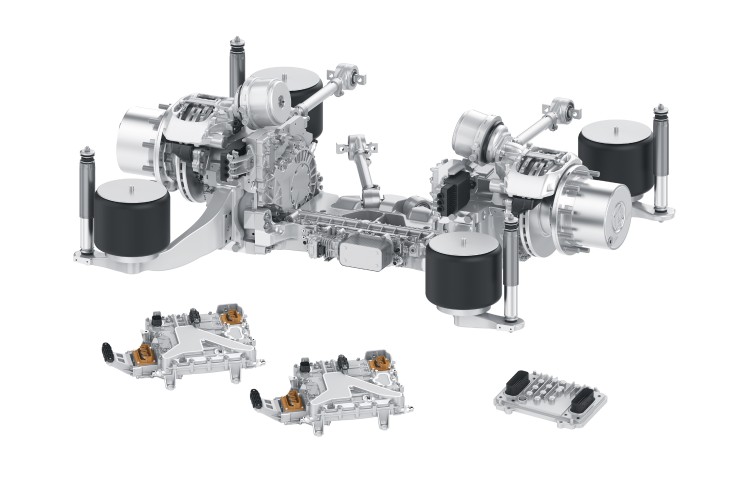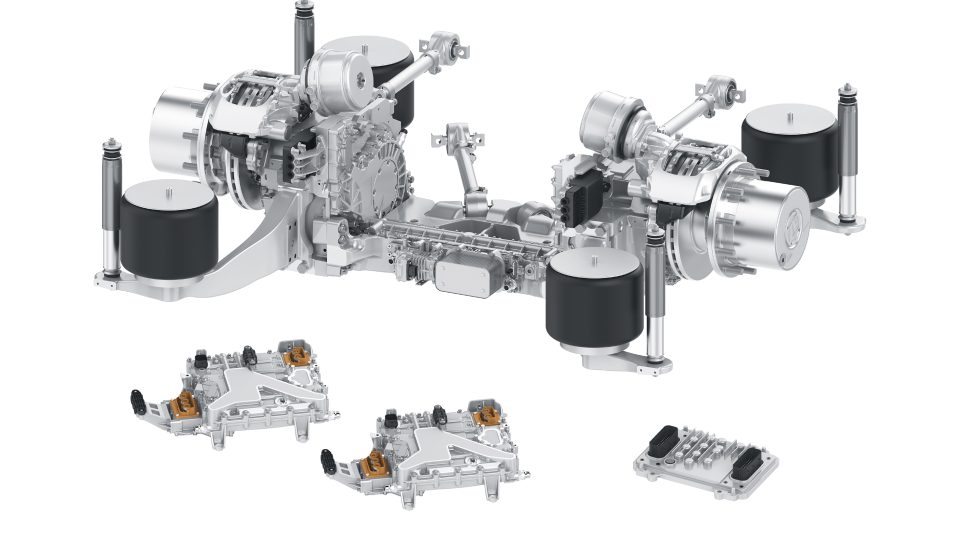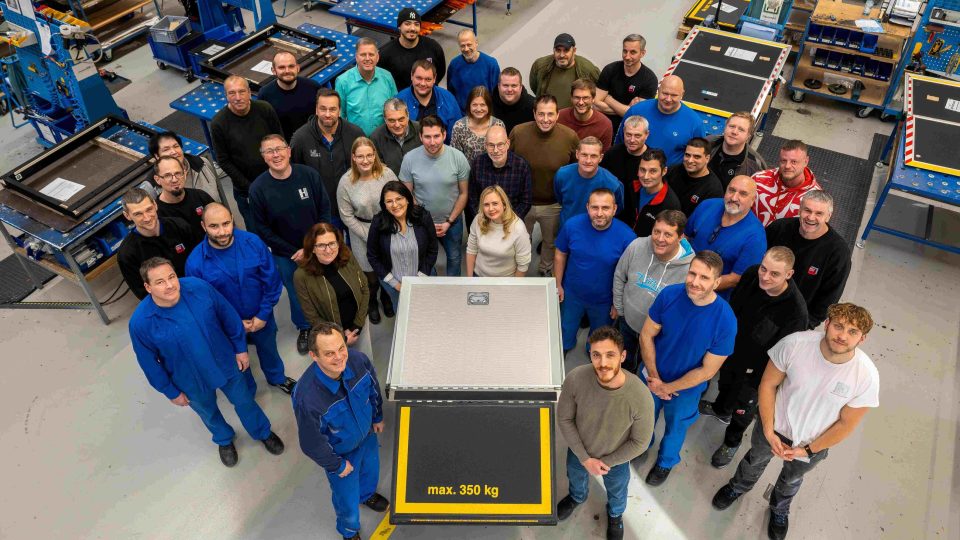Alstom chooses Forsee Power batteries for Aptis
Alstom Aptis will be equipped with Nmc Li-ion batteries by Forsee Power. The announcement come from Alstom, that is approaching the begin of serial production of its first electric bus, designed with a innovative design that takes inspiration from tramways and provide large windows and a spacious full low floor. Alstom Aptis will be delivered […]
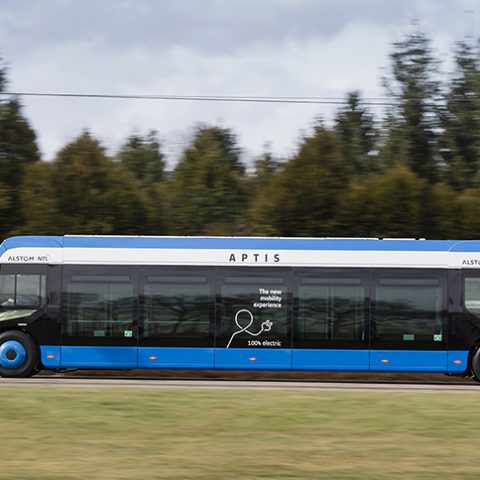
Alstom Aptis will be equipped with Nmc Li-ion batteries by Forsee Power. The announcement come from Alstom, that is approaching the begin of serial production of its first electric bus, designed with a innovative design that takes inspiration from tramways and provide large windows and a spacious full low floor. Alstom Aptis will be delivered from July 2019 onwards. Forsee Power also provides batteries for Heuliez’s electric buses.
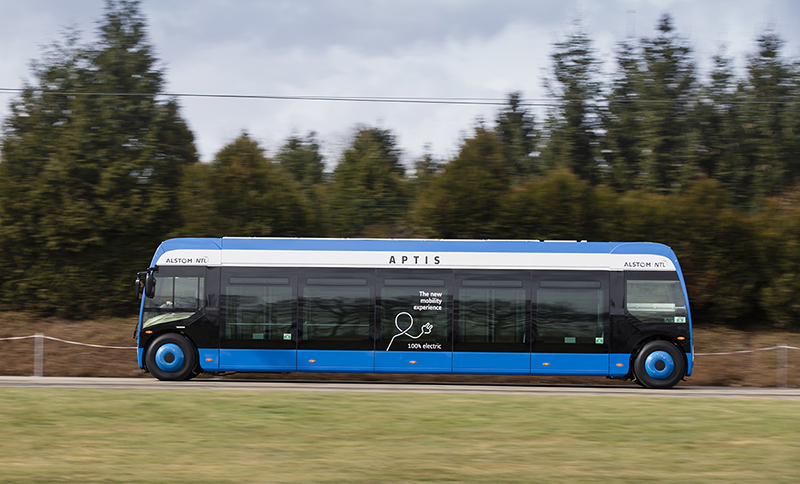
Forsee Power Zen35 for Alstom Aptis
Forsee Power, states a press release, has been chosen by Astom for its advanced technology in terms of yield and density, its competitiveness and its ability to provide a recyclable product, from collection to the re-use of cells. Alstom is thus betting on a reliable solution and close partnership with a flagship of French technology. Alstom and Forsee Power have worked together to define the most suitable product for Aptis, while retaining the vehicle’s openness to different battery technologies and charging speeds. The vehicle’s design, with most of its equipment on the roof, coupled with the modularity of the Zen 35 battery packs, give Aptis the greatest range flexibility when compared to other vehicles in its category.
High autonomy with Zen 35 batteries by Forsee Power
Zen 35 batteries, presented at Transport Publics 2018, are equipped with air cooling system and can provide an energy density of 130 Wh/kg. Zen 35 is the right choice for products developed in order to provide high-autonomy system for full-day operations, combined with less power density. Energy density is 130 Wh/kg – 157 Wh/L. It is sold in modular systems based on 35 kWh packs. Alstom has developed precise simulation tools to establish the onboard energy required by operators and thus design the vehicle most suited to the requirements of each line (with range per charge from 150km to over 250km).
Alstom will provide battery leasing solutions
Alstom and Forsee Power are also collaborating on the best way to monitor battery use in real time, thereby optimising usage cycles and thus battery life expectancy. Finally, Alstom has developed long-term battery leasing solutions that allow municipalities to reduce the financial impact of purchasing electric buses by spreading the cost of the batteries over the lifespan of the vehicle, that is quantified in 20 years (longer than the lifespan of other electric buses, Alstom points out, thanks to the structure of the vehicle and its electrical components derived from trams).
Alstom Aptis, electric bus made in France
Seven of Alstom’s sites in France are involved in the design and manufacture of Aptis: Duppigheim for the overall engineering, bodywork, testing and certification, Saint-Ouen for the system integration, Tarbes for the traction, Ornans for the engines, Villeurbanne for the electronic components of the traction chain and Reichshoffen for the manufacture of the central passenger module, final assembly and in-series tests. Finally, the Alstom site of Vitrolles is responsible for developing one of the charging solutions (SRS).




